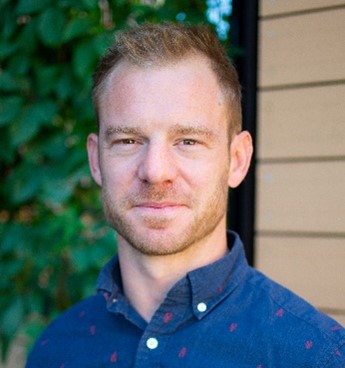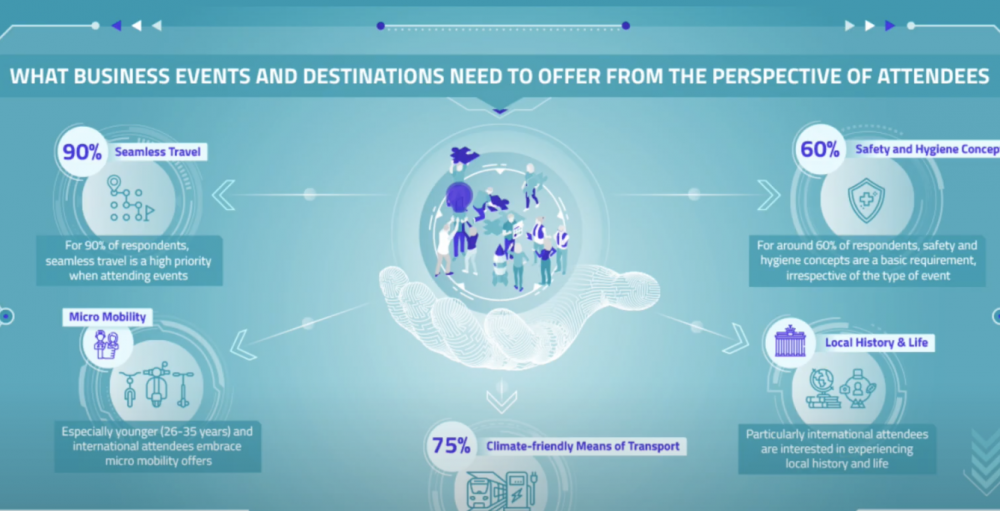How Office Space Shapes Performance and Culture: Insights from Stephen Smith
In this episode of “What the F* is Happening to the Office?” we dive deep into the future of work with Stephen Smith, a principal at Reworc, an organization that rethinks how work gets done by integrating technology and social science. Stephen brings a fresh perspective, blending his background in industrial-organizational psychology with real estate to explore how we can optimize workspaces by starting with people first. He emphasizes that understanding workers’ needs is key to designing spaces that enhance productivity, engagement, and satisfaction.
Stephen highlights the shift away from the old one-size-fits-all office model to a more nuanced approach that integrates technology and flexibility into workplace design. He points out the growing clash between rigid employer mandates and employees’ desire for flexibility, stressing that organizations that adapt will attract and retain top talent, while those that don’t will lose out.
At Reworc, Stephen’s team uses work analytics and business intelligence to create better environments that support the evolving needs of modern workforces. By focusing on employee behavior, networks, and workflows, they build workspaces that are not just efficient but truly effective in driving business results. Stephen emphasizes the need for real estate professionals to align their efforts with broader business outcomes like profitability and productivity, moving beyond simple metrics like space utilization.
As Stephen notes, the physical environment plays a vital role in shaping workplace culture, with design elements like color, texture, and layout influencing how employees feel and perform. He believes that real estate professionals need to measure and act on what truly matters in today’s knowledge-driven economy, rather than relying on outdated metrics. Ultimately, Stephen argues, when we measure the right things, we can create spaces that help businesses thrive, turning every dollar spent on real estate into a multiplier of human performance and business success.
Six Key Takeaways
1.) People-Centric Work Design: Stephen Smith emphasizes the importance of designing workspaces from the inside out, starting with the needs of people, rather than simply placing people into pre-existing spaces. The focus should be on optimizing both physical environments and policies based on employee behaviors and requirements.
2.) Flexibility and Choice in Work: Flexibility has become one of the top drivers of employee engagement and satisfaction. Organizations that fail to embrace flexible work options risk losing top talent to competitors that offer more adaptable work environments.
3.) Data-Driven Workplace Solutions: Rework leverages work analytics and business intelligence to understand work patterns, behaviors, and preferences. By measuring and analyzing these factors, they aim to design workspaces that drive higher productivity and more effective business outcomes.
4.) Measuring Knowledge Worker Productivity: The challenge of measuring the productivity of knowledge workers has historically been difficult. However, by tying real estate decisions to metrics such as roadblocks to success, firms can demonstrate a stronger return on investment by improving both human performance and overall firm productivity.
5.) Aligning Real Estate with Business Outcomes: For real estate strategies to be effective, they must align with the broader business goals and outcomes, including profit and loss (P&L). This alignment ensures that workspaces contribute directly to the organization’s success rather than operating in silos.
6.) Culture and Space: Physical spaces play a significant role in shaping organizational culture. By carefully designing environments that reflect company values through elements like color, design, and sensory experiences, companies can enhance employee engagement and reinforce a positive workplace culture.
Key Moments
01:06 – Measuring People at Work
02:30 – More Choice
03:24 – Understand the Work
04:30 – Measuring Preferences
05:31 – Space Drives Business
06:54 – Business Intelligence
08:32 – Driving Business Results
10:01 – Measuring Performance
11:00 – A Centralized Mission
12:38 – Physical Attributes of Culture
14:50 – It’s About the Experience
Meet Stephen Smith

Stephen Smith, VP of People Analytics, Reworc and Founder of The Fail Forward Project
Stephen leads the people analytics, client solutions, and product development areas at Reworc. After working in both Human Resources and Corporate Real Estate in People Operations roles, Stephen has focused on driving workforce and workplace transformation by using data and information to leverage optimum work and work environments.
Stephen understands the connection between people, place, and performance and is a leader at connecting solutions to the evidence that supports it. Accordingly, Stephen is focused on high- performance and the evolution of work and teams in the organizations he serves. Stephen has enhanced survey and analytics experience, due to his fortune 100 experience and his Master’s in Industrial Organizational Psychology from Louisiana Tech University.
Episode 12 Credits:
- Created By Bob Fox
- Produced By Work Design Magazine
- Directed By Bob Fox
- Special Thanks to Katie Sargent and Michelle Weiss
Interested in More from Stephen Smith?
Check Out his Presentation from NeoCon Talks 2024:

